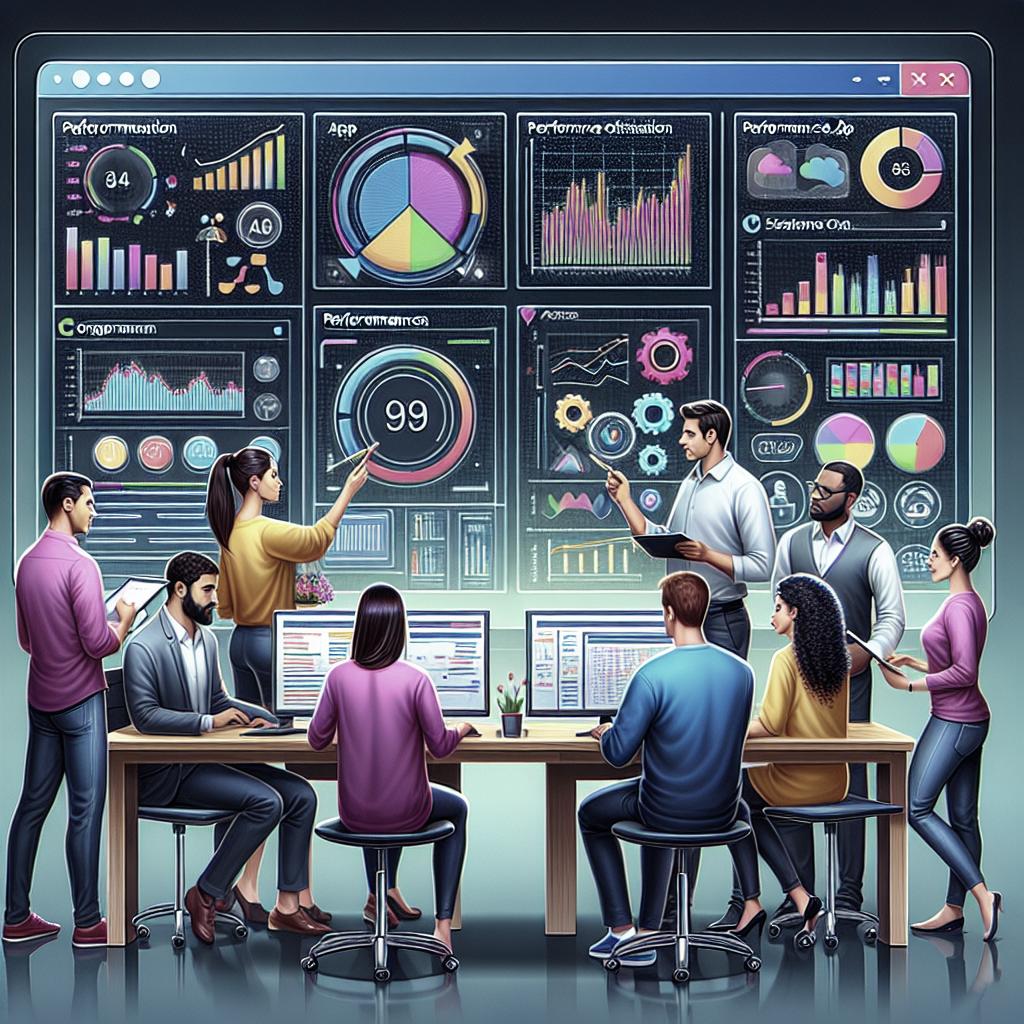Machine Learning Applications in Mobile Apps
Machine learning has profoundly influenced mobile application development, offering personalized experiences and streamlining functions across various industries. This blog post explores the diverse applications of machine learning in mobile apps, ranging from data mining to healthcare. We delve into how mobile finance and eCommerce apps harness AI for enhanced user engagement and operational efficiency. Additionally, we discuss machine learning’s role in fitness apps, providing users with tailored insights. By examining these domains, you’ll understand the transformative impact of machine learning and how it reshapes app development strategies, pointing towards a future where AI-driven mobile apps become the norm.
Machine Learning and Mobile Application Development
1. Machine learning in data mining for mobile applications
Data mining is a cornerstone of machine learning applications, allowing mobile apps to extract meaningful patterns from vast datasets. With the advent of machine learning algorithms, developers can now implement sophisticated data analysis techniques directly within mobile apps. These solutions enhance data-driven decision-making, offering users tailored experiences by predicting their preferences and behaviors.
Mobile apps in social media, for instance, utilize data mining to recommend content that aligns with user interests. By analyzing historical data and correlating similar patterns, apps provide a personalized feed that increases user engagement. Moreover, businesses leverage these insights to tailor marketing strategies, improving customer acquisition and retention rates through targeted campaigns.
2. Machine learning in mobile finance apps
Mobile finance apps have capitalized on machine learning to enhance security and user experience. By implementing algorithms for anomaly detection, these apps are adept at identifying fraudulent transactions in real-time. This proactive approach not only protects user assets but also fosters trust in digital financial services.
Furthermore, machine learning allows finance apps to offer personalized financial advice. Analyzing user spending habits, the app can recommend budgeting plans, investments, and savings opportunities. This personalized touch empowers users to manage their finances with unprecedented ease and confidence.
3. Machine learning for the eCommerce app
In the eCommerce sector, machine learning has become indispensable for creating tailored customer experiences. These apps utilize algorithms to analyze consumer behavior and preferences, thereby offering product recommendations that align perfectly with individual users’ tastes and needs. Machine learning enables apps to optimize inventory management by predicting demand trends, ensuring optimal stock levels.
Additionally, machine learning improves customer service through chatbots and virtual assistants. By handling inquiries and facilitating swift resolutions, AI-powered assistants reduce the workload on human staff and enhance user satisfaction. As eCommerce continues to evolve, machine learning remains a key innovation driver, enabling businesses to maintain a competitive edge.
4. Machine learning in the healthcare mobile market
Machine learning is revolutionizing the healthcare mobile market by providing enhanced diagnostic tools and patient care solutions. Apps equipped with AI capabilities can analyze symptoms and medical histories to predict potential health issues, allowing for early intervention. This technological advancement significantly improves patients’ quality of life by offering timely and accurate medical advice.
Healthcare apps also utilize machine learning for personalized treatment plans and medication reminders, ensuring patients adhere to their prescribed therapies. This level of personalization reduces the likelihood of complications and promotes better health outcomes, demonstrating the valuable synergy between machine learning and mobile healthcare solutions.
5. Machine learning for fitness trackers and mobile apps
Fitness trackers and mobile apps have embraced machine learning to deliver personalized fitness advice and monitor user activity levels in real time. By analyzing user data such as heart rate, sleep patterns, and physical activity, these apps provide insights tailored to individual fitness goals, enhancing user motivation and performance.
Machine learning can also facilitate adaptive workout plans that evolve as users reach their fitness milestones. This capability ensures that users are constantly challenged and engaged, promoting long-term adherence to their fitness regimens. As a result, fitness apps become indispensable tools for individuals striving towards healthier lifestyles.
Ready to Use Machine Learning in App Development?
As machine learning continuously evolves, the opportunities for its application in mobile app development are virtually limitless. Developers equipped with AI skills are poised to create intelligent, user-centric apps that deliver unparalleled value. By leveraging machine learning, businesses can ensure that their mobile apps remain relevant and competitive in an ever-changing technological landscape.
To successfully integrate machine learning into app development, a thorough understanding of machine learning models and algorithms is essential. Tools such as TensorFlow and PyTorch provide powerful frameworks to develop and deploy machine learning models efficiently. By embracing these technologies, developers can create innovative solutions that resonate with users.
Frequently Asked Questions on Machine Learning App Development
Q1: How does machine learning improve mobile apps?
A1: Machine learning enhances mobile apps by providing personalized experiences, enabling predictive analytics, and optimizing operations across various domains such as finance, eCommerce, healthcare, and fitness.
Q2: What are the challenges of implementing machine learning in mobile apps?
A2: Challenges include ensuring data privacy, managing significant computational demands, and integrating machine learning models efficiently within the app framework.
Q3: What tools are recommended for developing machine learning applications?
A3: Popular tools include TensorFlow, PyTorch, and Scikit-learn, which provide comprehensive libraries for building and deploying machine learning models in mobile apps.
Post navigation
Explore more on our blog about the integration of machine learning in various sectors, from transforming education to revolutionizing marketing strategies.
Final Thoughts
| Application Areas | Benefits of Machine Learning | Key Takeaways |
|---|---|---|
| Data Mining | Enhanced data-driven insights | Personalized user experiences |
| Mobile Finance Apps | Improved security and financial insights | Fraud detection and personalized advice |
| eCommerce | Optimized recommendations and inventory | Increased customer engagement |
| Healthcare | Advanced diagnostics and treatment plans | Better patient outcomes |
| Fitness Trackers | Personalized fitness insights | Adaptive workout plans |


